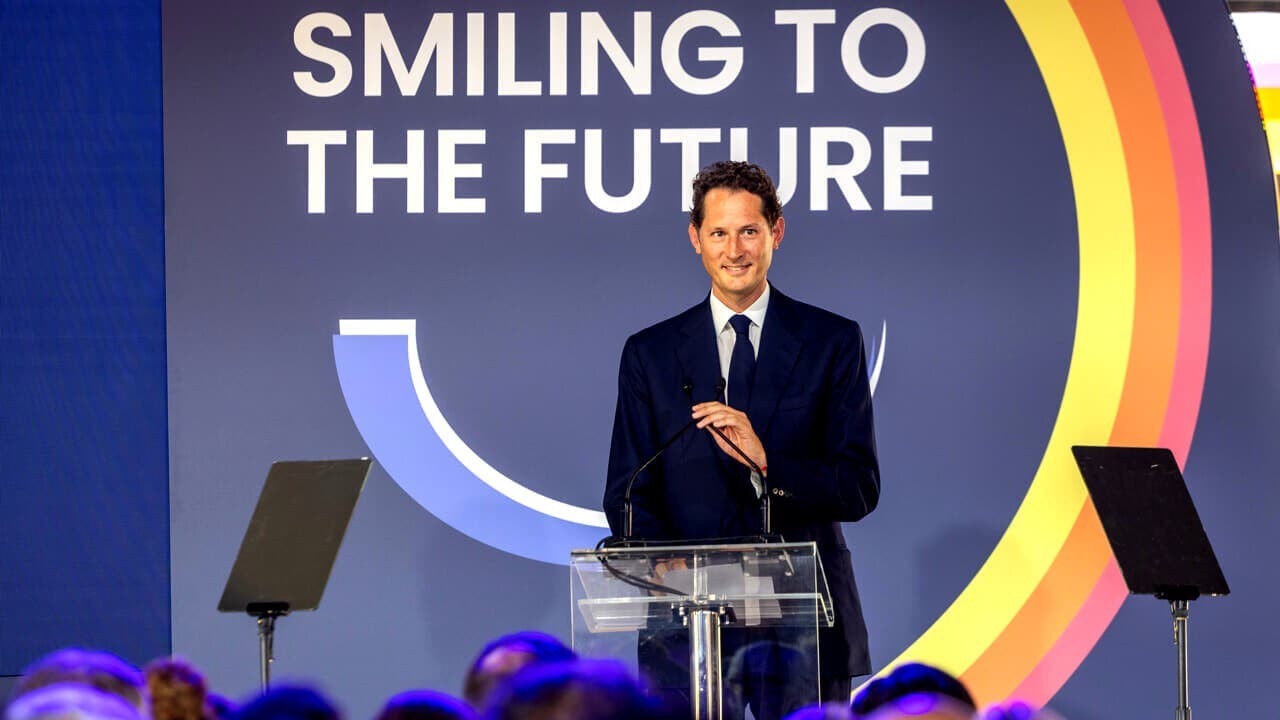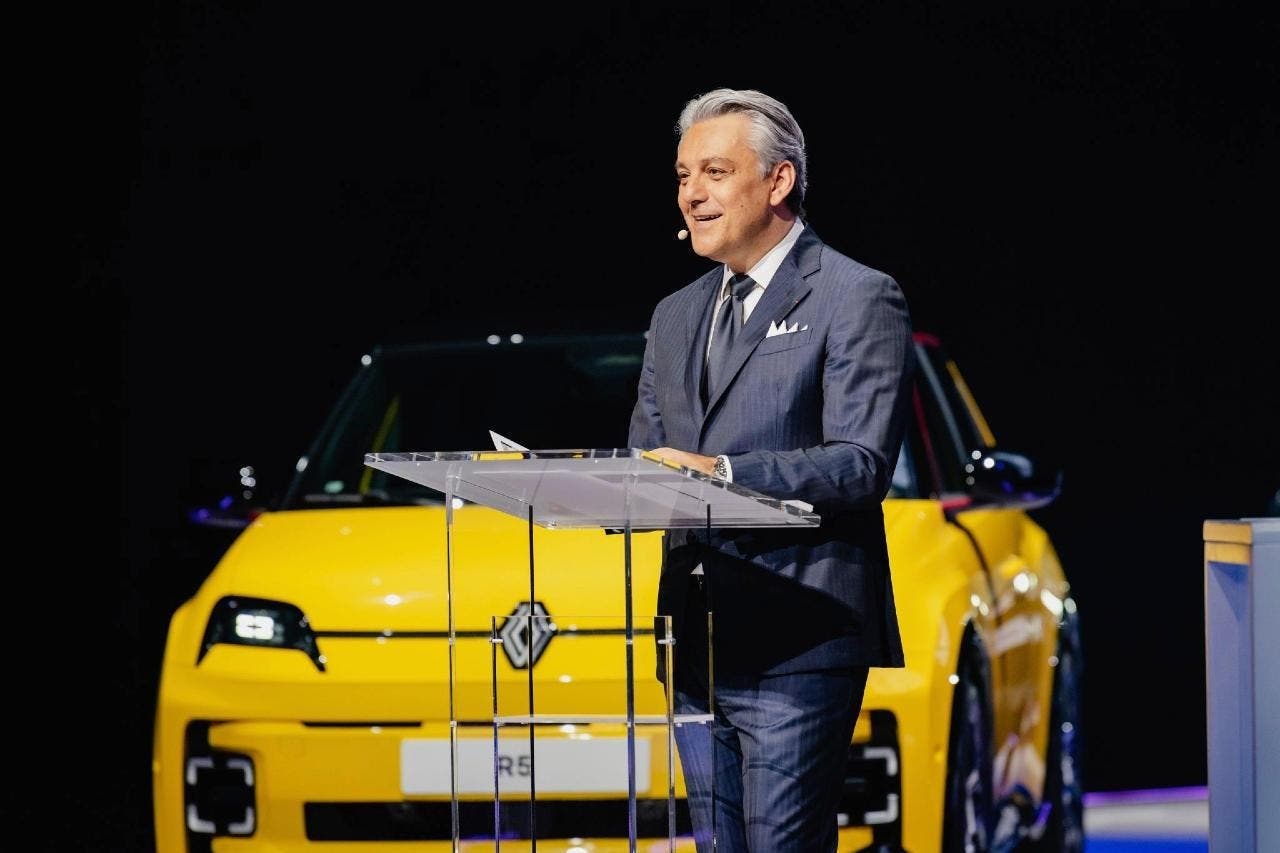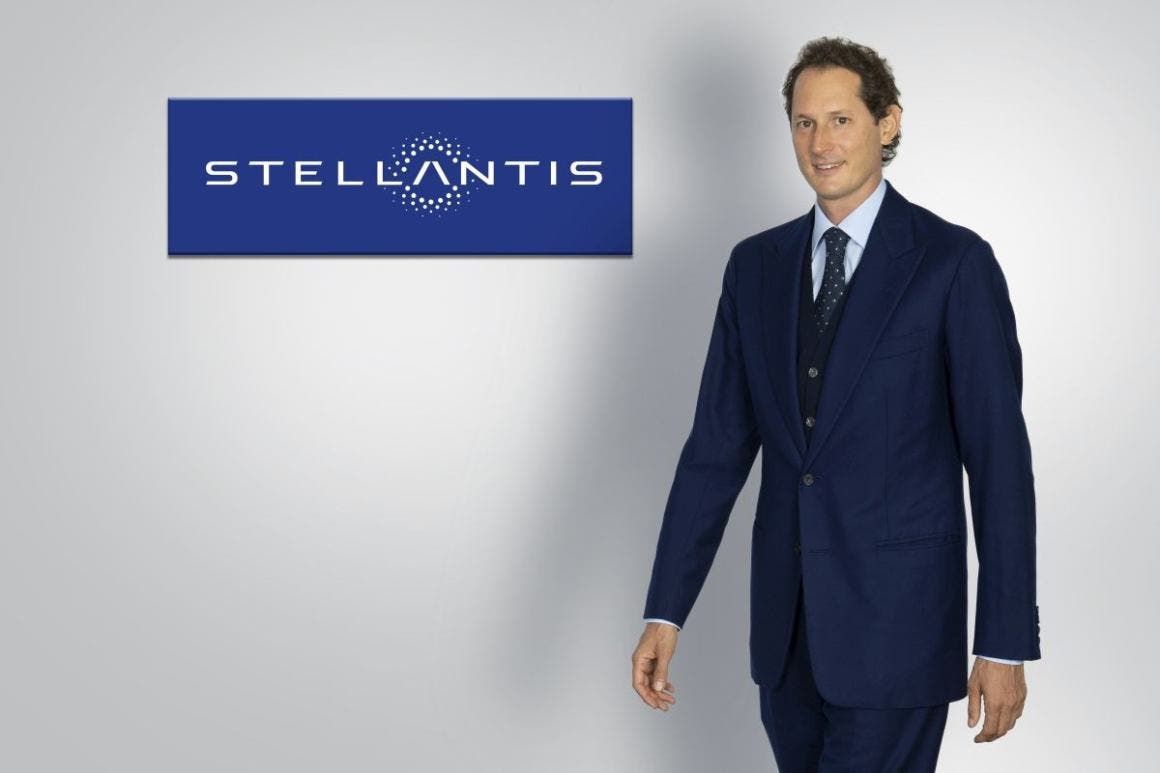It’s a real alarm that has been sounded by John Elkann, president of the Stellantis Group, together with Luca De Meo, CEO of the Renault Group, in a joint interview that appeared in Le Figaro. According to both of their viewpoints, the fate of the entire European auto industry will be determined starting this year, which represents a fundamental watershed for the automotive sector in the Old Continent. This is because, as admitted by John Elkann and Luca De Meo, the fate of European automotive is linked to this very year, when Europe could risk becoming essentially a market and no longer a place where cars are produced, with the specter of China lurking.
John Elkann and Luca De Meo are concerned about sales data

According to what was emphasized by John Elkann, “in 2025 China will produce more cars than Europe and the United States combined.” Therefore, rapid decision-making is urgently needed to prevent the possibility of decline reaching unsustainable values within a few years. The will of Elkann and De Meo is not to ask for aid, but rather to request that automotive groups be put in a position to work on introducing innovations and more accessible yet sustainable vehicles. In short, a decidedly dramatic situation is depicted, to which the European Union should pay the utmost attention.
At the center of what was admitted by John Elkann and Luca De Meo are the data relating to vehicles sold in Europe, where “the car market has been declining for five years, the only one among the major global markets not to have found pre-COVID levels,” admitted the president of the Stellantis Group. This condition was corroborated by what Luca De Meo added, who defined the current level of vehicles sold as “a disaster.”
After all, the issue proposed by Elkann and De Meo appears to be of fundamental importance, a condition that requires a sudden change of pace without too many delays. The idea proposed by De Meo, to give an immediate response, is that both Stellantis and the Renault Group intend to “produce popular cars in Europe and for Europe.” This condition contrasts with the prerogatives of premium brands for which Europe counts, but exports even more. This point of view represents a criticism against premium brands, especially German ones, which may have favored their productive inclinations above all.
Similarly, John Elkann and Luca De Meo criticized the emergence of regulations that make new cars increasingly “complex, heavy, and expensive,” reducing their appeal in the context of large segments of the continental population. According to De Meo, who has very often been the spokesperson for this type of approach in recent times, small vehicles cannot be treated in the same way as larger models in terms of regulation.

According to Elkann, Italy, along with Spain and France, is among those countries that have suffered the most from issues related to such regulatory changes, which for De Meo have led the Renault Clio to increase its price list by 40% over the course of 15 years. For these reasons, the three countries mentioned should consider a collaborative relationship useful for obtaining fairer and more suitable regulations for smaller models. At the same time, De Meo has asked Europe to introduce different regulations by virtue of the fact that there are regulations designed for large vehicles, sold at higher prices, which do not allow production under acceptable conditions in terms of profitability.
The desire for the approach hypothesized by John Elkann and Luca De Meo is also to renew the fleet of cars currently circulating in Europe. To do this, they are not looking exclusively at electric vehicles, but rather at the action of innovative and competitive technologies useful for “revitalizing demand,” Elkann admitted.
Indeed, they cannot focus only on electric vehicles according to De Meo; rather, they should look at technological neutrality resulting from a different approach at the institutional level: “the market is not buying the models that Europe wants us to sell. That’s why we will not be able to replace all current volumes with electric,” De Meo admitted. The need remains to make coherent decisions and to employ a capacity for reaction that can draw inspiration from those countries and regions of the world that are developing strong industrial policies, contrary to what is being done in Europe according to John Elkann and Luca De Meo.
